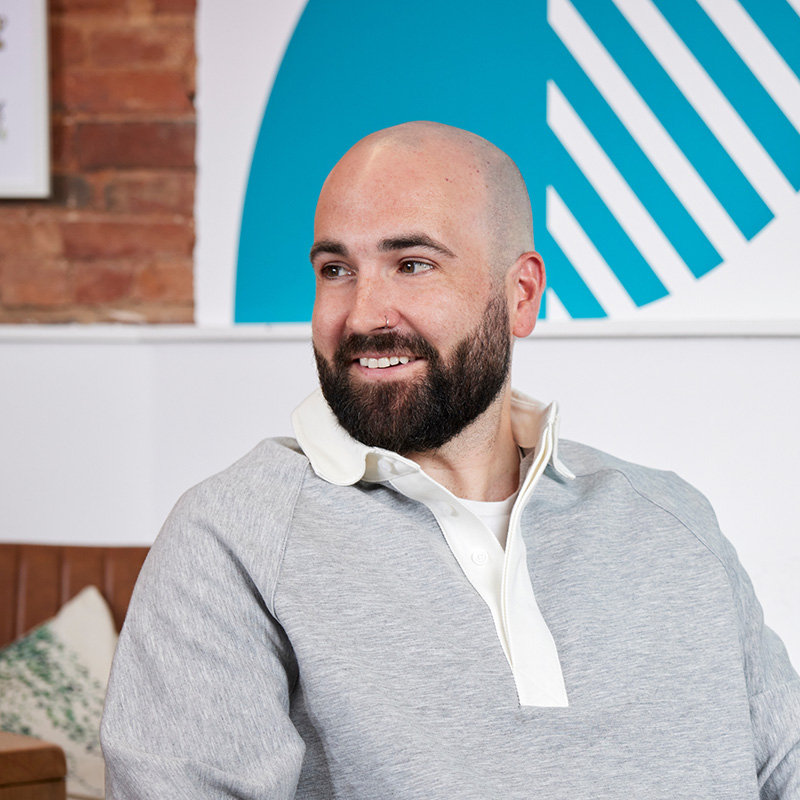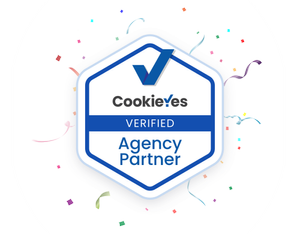As brands continue to set more ambitious environmental targets, meet more stringent regulations and create the green solutions of the future, their marketing teams want to shout about it. At Pod, we believe that getting your planet-saving message out there is vital; it doesn’t just help you strengthen and future-proof your brand, it also sets a standard for others to follow.
But we also believe that talking about sustainability requires businesses to be bolder and more compassionate. To win over the next generation, both the workers and the customers of the future, promoting clear and transparent shared values is vital.
So where to begin? To use a phrase coined by Simon Sinek, creator of the Golden Circle Theory, the best sustainability and green messaging should ‘start with why’.
Let’s talk about ‘why’
Most B2B brands are good at talking about what they are doing, such as implementing initiatives to be carbon neutral by 2050. These businesses will also regularly talk about how they’re doing it: removing plastic packaging, implementing energy efficiency measures, ensuring they use a net zero supply chain, or putting recycling bins in the office.
What’s less common is for B2B brands to explain why they believe taking green action is important. Why are you doing what you’re doing? In the case of earth-conscious companies – like the Pod – being explicit about your beliefs and your purpose lets your customers know that you have an unshakeable set of values. If these values align with their own, they’re much more likely to want to work with you or buy from you.
The Golden Circle Theory
The Golden Circle Theory is a well-known concept based on neuroscience and created by Simon Sinek in 2009. Developed as a leadership theory, it is equally applicable to marketing and suggests that messages should target the limbic brain – the area that controls emotions, behaviour and decision making.
By adapting messaging to follow the Golden Circle Theory, businesses can make them more memorable for their audience. Let’s remember that, just like its B2C counterpart, B2B marketing reaches human beings. Decision making processes may be different in a B2B setting, but from the first time your audience encounters your brand, the basic rule still applies: we are each influenced in decision making by our limbic brain, where “gut feelings'' about trust and loyalty are dominant.
‘People don't buy what you do; they buy why you do it.’Simon Sinek
So, while the more logical neocortex may play a vital role in turning your prospect into a customer, if your marketing appeals to the limbic brain you’ve already done much of the hard work. Just be sure you’re being transparent about your green credentials and communicate authentically as well as passionately.
Here are 3 reasons why you should start ‘why’ in your green messaging:
1. To win over sustainability-minded customers
Evidence from the World Economic Forum suggests that not only is each generation becoming more earth conscious, but also that the increased environmental awareness of the newer generations is pulling everyone else up with them.
The percentage of shoppers who would pay more for environmentally friendly products in the UK between April 2020 and 2021 was 53% for Baby Boomers, 53% for Gen Z, 63% for Millenials, and 69% for Gen Z (c. 95-2010).Source: Statista
When making a purchase, 65% of baby boomers think sustainability is important compared to 75% of Gen Z buyers, the majority of whom prefer to buy from sustainable brands. Source: First Insight
As the first generation of digital natives make their mark on the commercial world and reshape our workplaces, their views are also influencing other age groups to change their buying behaviour. Businesses simply can’t afford to be complacent about sustainability - it’s time to show your customers that you understand their concerns about the climate crisis and are doing your bit to protect the planet.
2. To attract and retain new talent
Sustainability marketing isn’t just about connecting with those you want to sell to. Sustainable businesses are also becoming more attractive to the current generation of workers. In fact, 71% of workers consider a company’s green credentials when deciding on an employer. Source: Gallup
Today’s employees want to work for and represent businesses who share their own core values and take environmental issues as seriously as they do. Not only do they see working for a responsible and ethical company as a source of pride, they also believe that those companies are more likely to prioritise their welfare.
3. To find the right partners
It’s no longer enough to only care about what you can directly control. Today’s customers expect corporate social responsibility to extend out across the entire value chain, so working with partners who don't share your ethos could mean commercial and reputational damage. Being clear and explicit about your own sustainability goals will help you attract partners with similar values and build lasting relationships for a more sustainable future.
This is something that’s as true for your marketing partners as for any other organisation you choose to work with. The climate crisis continues to be our biggest challenge and audiences are becoming incredibly green-savvy, so greenwashing simply won’t wash. Choose a partner that understands why getting your sustainability marketing strategy and messaging right is vital.
At the Pod, we’re passionate about environmental issues. We create intelligent, purpose-led campaigns for sustainable brands, net zero leaders and businesses innovating for a low carbon future. If you’re an Earth-conscious company and want to shout about it, contact the Pod today: call 0121 818 3743 or click here to book an appointment.






 William Tomaney
William Tomaney
 Alexander Costello
Alexander Costello
 Jessica Keynes
Jessica Keynes
 Raven Wheatley-Hawkins
Raven Wheatley-Hawkins






.png)


